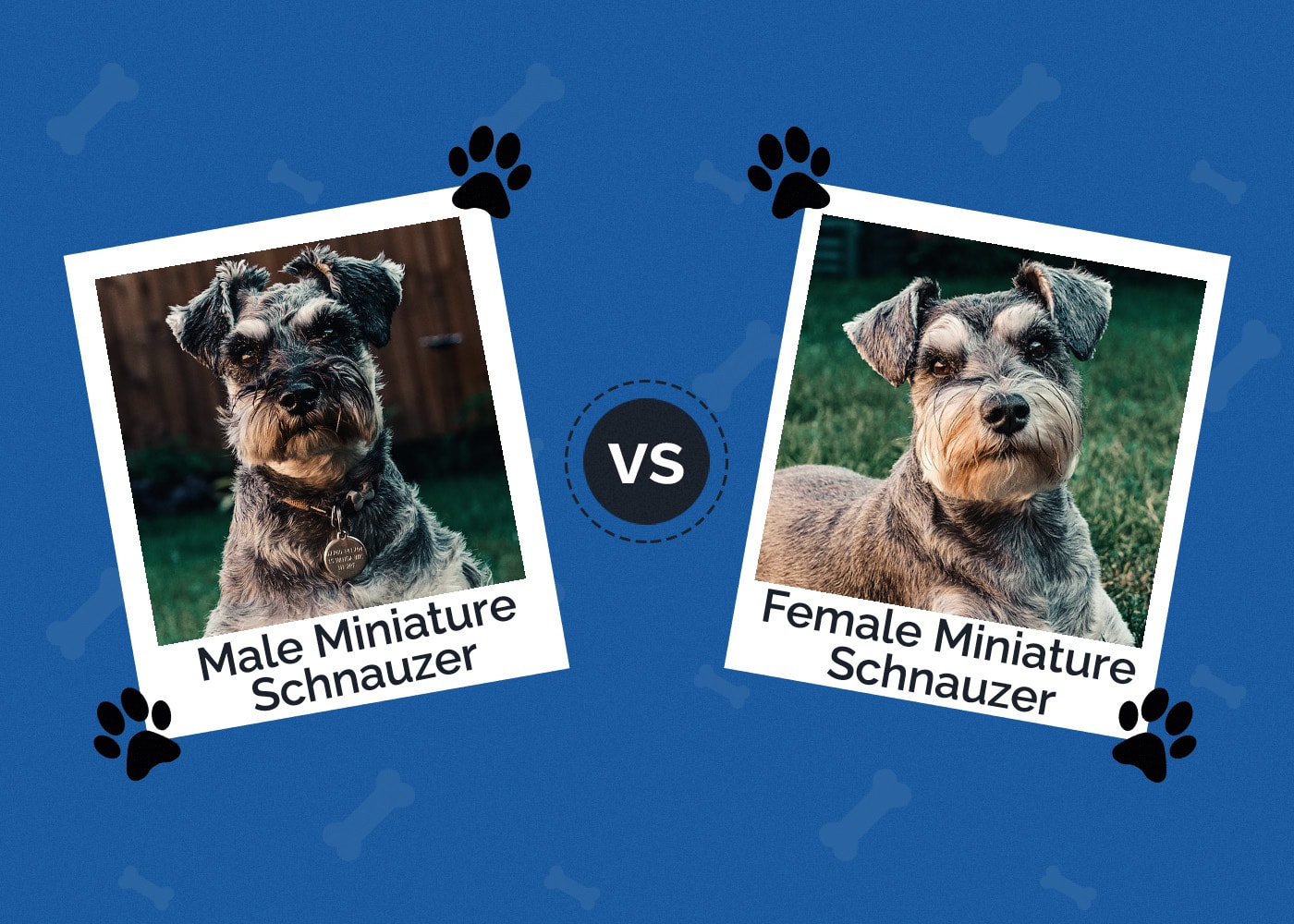Do Rottweilers Purr? The Surprising Answer!
By Jordyn Alger
Updated on

Introduction
You may have heard that Rottweilers can purr. Sounds odd, right? Shouldn’t only cats be able to purr? Well, the truth is that Rottweilers do purr. This is not a sound that you should be alarmed by, but unfortunately, some people mistake a Rottweiler’s purr for an aggressive growl.
Since Rottweilers are often a misunderstood breed, knowing how to tell the difference between their purring and their growling is important. To learn about why Rottweilers purr and how to differentiate between a purr and a growl, keep reading.
Why Do Rottweilers Purr?
Think about why cats purr. They often purr when they are happy or receiving affection. The same can be said for Rottweilers; they will purr when they are feeling content and loved.
Your Rottweiler normally makes this sound when he is being petted or shown affection. As he relaxes and enjoys the attention, he may start to make seemingly involuntary rumbling sounds. This is the sound of your Rottweiler purring.
Some affectionately refer to the sound as the “Rottie Rumbles.” It is a low, rumbling sound that comes from deep in your dog’s throat. This is not usually a loud sound, nor is it very common. In fact, Rottweilers are more likely to whine or bark than to purr.
Regardless of how often they do it, Rottweilers purr because they are happy. So, the Rottie Rumble is a good sound!

How To Tell the Difference Between Purring and Aggression
Unfortunately, some people confuse the sound of Rottweilers purring with the sound of aggressive growling. Since the purring sound is a low sound from the throat, it can be an understandable mistake for people who are less familiar with Rottweilers. However, this misunderstanding is also tied up with the Rottweilers’ bad reputation.
It is based on common misconceptions about the breed, leading people to believe that Rottweilers are more prone to aggression than other breeds. However, trained and socialized Rottweilers are no more aggressive than any average dog breed. Still, due to their powerful build and their protective nature, many unfair stereotypes have been made about Rottweilers.
This leads many people to misinterpret a Rottweiler’s good intent as aggression. For instance, the Rottie Rumbles can be easily misunderstood as aggressive growling, making a person fearful when the Rottweiler was only trying to show contentment.
However, there are ways to determine whether your Rottweiler is purring or growling. First and foremost, pay attention to his body language. If your Rottweiler appears tense, with his shoulders hunched and hackles raised, it could be a warning sign that he is not enjoying whatever is going on. But if he appears relaxed, then he is likely just expressing that contentment through purring.
Conclusion
Rottweilers are loyal and loving dogs. They often show their abundant affection to their family members through purring, also known as the Rottie Rumbles. Although this sound can sometimes be mistaken for aggression, paying attention to body language is a good way to determine which emotion your dog is expressing. When your Rottweiler is purring, take it as a good sign. It means he knows how much you love him.
Featured Image Credit: Rebecca Scholz, Pixabay












